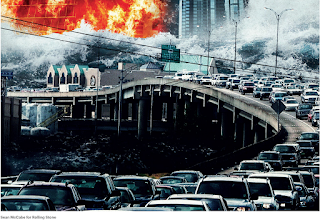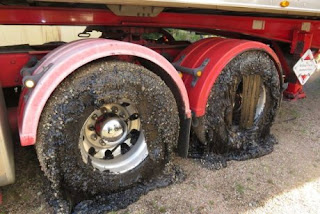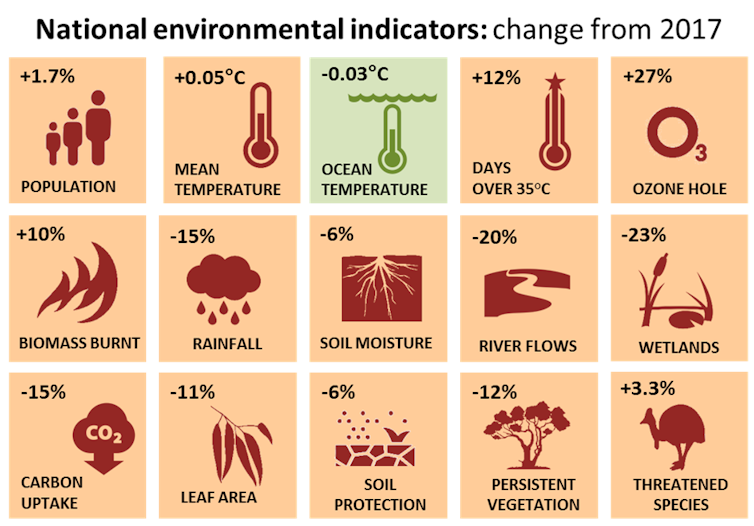"International climate change agreements typically specify global warming thresholds as policy targets1, but the relative economic benefits of achieving these temperature targets remain poorly understood2,3.
Uncertainties include the spatial pattern of temperature change, how global and regional economic output will respond to these changes in temperature, and the willingness of societies to trade present for future consumption.
Here we combine historical evidence4 with national-level climate5 and socioeconomic6 projections to quantify the economic damages associated with the United Nations (UN) targets of 1.5 °C and 2 °C global warming, and those associated with current UN national-level mitigation commitments (which together approach 3 °C warming7)."
Read the complete Nature IJS article
Uncertainties include the spatial pattern of temperature change, how global and regional economic output will respond to these changes in temperature, and the willingness of societies to trade present for future consumption.
Here we combine historical evidence4 with national-level climate5 and socioeconomic6 projections to quantify the economic damages associated with the United Nations (UN) targets of 1.5 °C and 2 °C global warming, and those associated with current UN national-level mitigation commitments (which together approach 3 °C warming7)."
Read the complete Nature IJS article





















 Dar
Dar